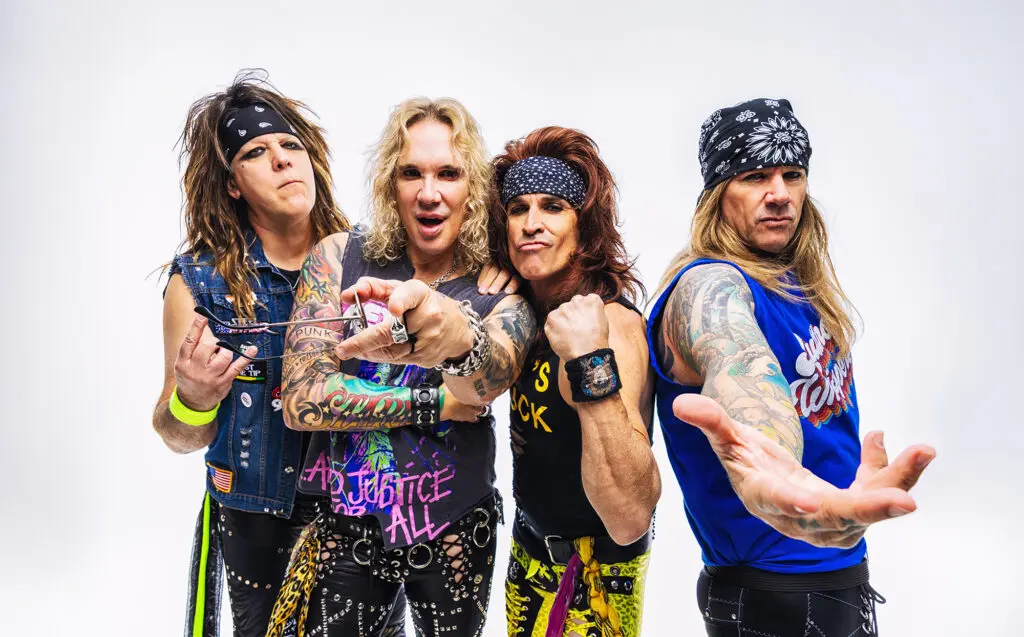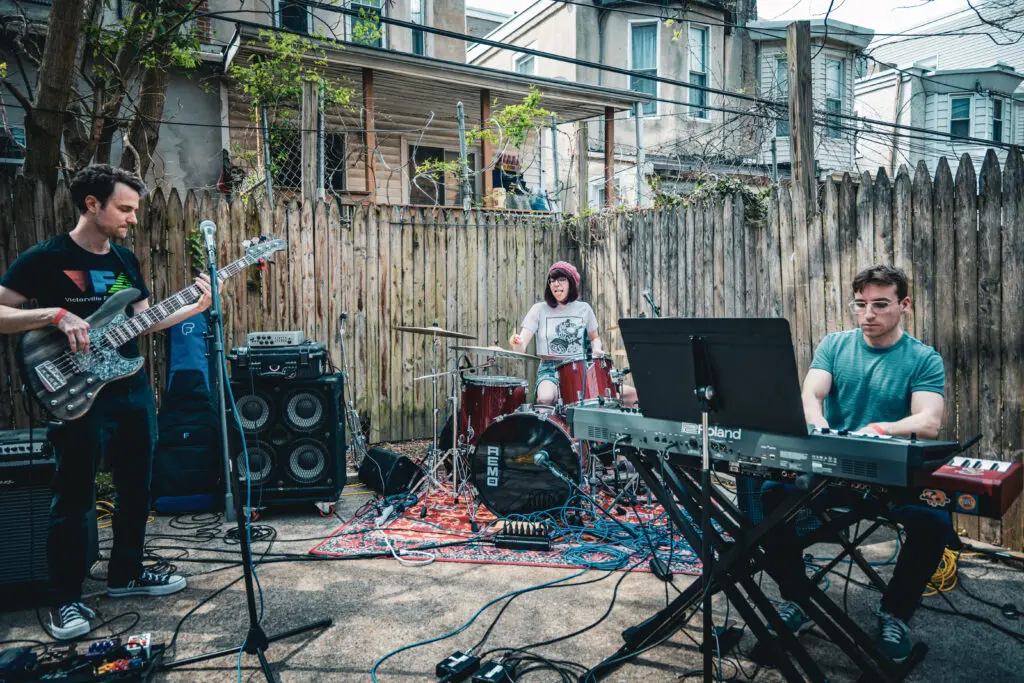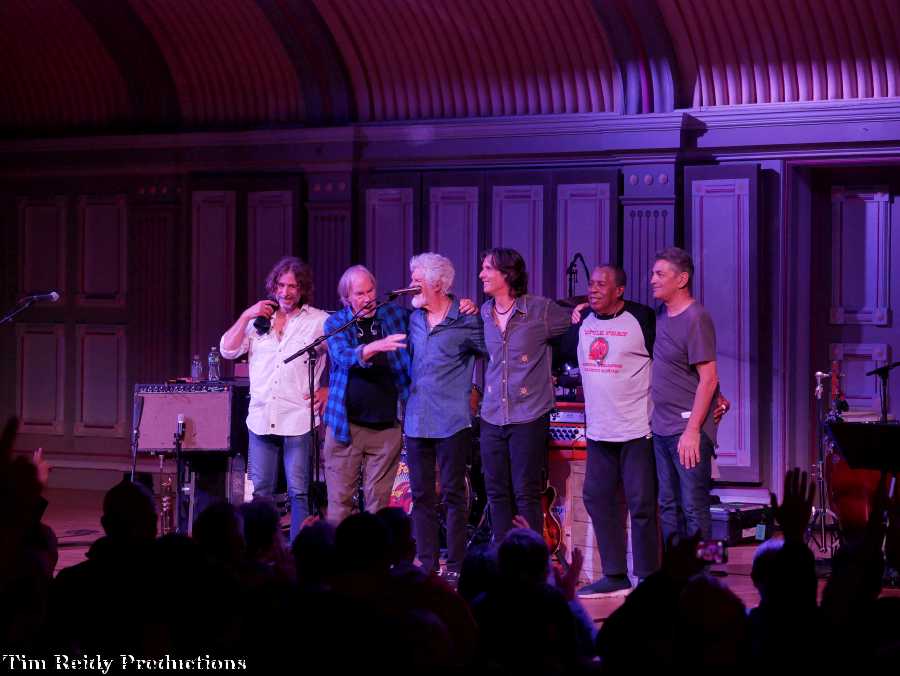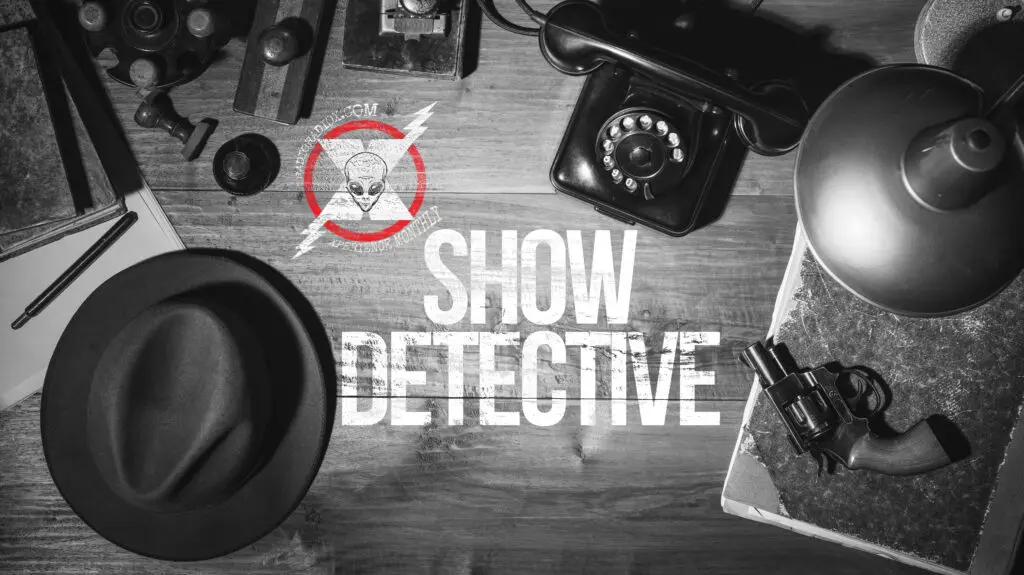Connie Han – Post Bop Innovator – An Interview, by Niki Kaos
Written by Staff on April 20, 2023
Interview with Connie Han: Post Bop Innovator Brings Dazzling Interpretations to Jazz. By Niki Kaos
RRX: Post-bop jazz sensation and Steinway artist Connie Han defies convention. Putting her heart and soul into music, her most recent album, Secrets of Inanna, draws listeners in with emotional depth beyond her years. I’m lucky enough to catch this west coast treasure for an interview.
RRX: Secrets of Inanna, is so enchanting it gives me chills. You reference that much of this creation was inspired by The Descent of Inanna, a Sumerian goddess.
I didn’t know about Inanna before. The story arc of the album plays with intense feelings. Power, sensuality, vulnerability – emotions we experience through our human journey. Where did the idea of bringing this music to life come from?
CH: It came immediately from me paralleling my own journey, and the arduous and tumultuous process of becoming the artist that I am today. Inanna’s transformation from girlhood to womanhood. The meek princess to the full-fledged Queen of Heaven and Earth. She sacrifices, not only her material possessions and her social status, but also, quite literally, her life. She’s murdered at the hands of her sister Ereshkigal, and only after she undergoes this pain and suffering, and ultimate sacrifice, is she able to have any right to her position.
To me, this parallels the journey of an artist who is totally committed to and immersed in their artform. My path has not been an easy one. I sacrificed my spiritual being, my mental being, my emotional being, my social life, my health, for this music.
And I don’t regret a single bit of it. Because now I have the skillset, and this craft, and this ability to hear music differently. That allows me to convey a message that is usually my own voice. I have only been able to achieve this because I pushed. I pushed! Through all the self-doubt, and all of the pain. I sacrificed everything. As Inanna did to become queen, I did for piano. That’s the main spiritual and personal part of me identifying with Inanna.
I also was very inspired by her unabashed femininity, and her confidence and charisma in flaunting her femininity and her sexual prowess. I really love that, especially in an industry where I think female musicians may feel pressured into performing more… genderlessly? Or to be more sterile? Corporate professional?
RRX: And these situations are sometimes asking you to tone down your femininity? So, Inanna gives voice to the feminine side of you that has always been there.
CH: I have made it very clear in my professional image, which comes from my personal preference on how to dress and how to express my style. I am very flamboyantly feminine in that sense. And I love that she is still able to be highly intelligent… she has a lot of depth and complexity to her personality, while still being feminine. And it completely challenges the simple-minded stereotype or assumption.
RRX: I relate to that. I’m a pretty confident person myself, but it has taken me decades to develop. And I’m probably about twice your age. It took me a long time!
At times I would feel dismissed for all these wrong reasons, but also, I felt on the right path. Sometimes people labeled me as a problem person. And I got frustrated because my passion was being mis-interpreted as being crazy or ditzy.
CH: It’s very frustrating when you know that you are being a logical and rational person, but because you are passionate, and because the only thing that people can hear is the tone of your voice, or your disposition, they don’t listen to what you’re actually saying. Even though you’re probably right. And that can be very frustrating.
I think this is common for any strong, Alpha “A” type personalities as artists when you are in a social environment. Why are “you” creating conflict? And for me, it was about ego in the past, but then I realized they were also making it about their ego. It was about making the environment comfortable vs. seeking the truth.
When I think about this, this is why I’m so committed in my daily efforts, in my own philosophy, to have an ego death about everything that I believe in. Because I want things to be good, regardless of me and how I exist or perceive the music to be good. Whether it creates conflict and makes people uncomfortable, that shouldn’t matter because at the end of the day, it’s about making things right.
I think people would be able to relate to this if maybe… survival was at stake. But because it’s art and a lot of these conversations regard subjective matters, it’s kind of an endless rabbit hole where the subjectivity of the human condition can make us feel very helpless. Because you don’t feel grounded. Because everyone has their “opinion”.
RRX: I love what you say here. I surround myself with people who can have conflicting opinions, and not get so ego driven about the situation that it prevents getting to a workable result. And with art, that can be really challenging, because it is such a personalized thing on so many levels. If you can start with your own vision, and stick to that, and find people who align with it, it can work! But too much, and you don’t have challenging feedback, it can get a little same-same.
As a creative in general, I feel each of us must decide to what degree is this vision personal? What does the end product look like? What does it mean to be “good”?
Connie, from what , it sounds like your process is working for you!
CH: Thank you. Whenever I express myself, it’s such an accurate portrayal of how I process the world, and if it resonates with you, I’m so thrilled that the music moves you in that way.
Something I used to be very insecure about, and that I have transformed into a daily effort to overcome, is I want to avoid sounding overly sterile or educated, or conservatory jazz, per se. Because, on the one hand I’m very spiritually charged and emotional, but I’m also very rigorous and technical. Balancing those two sides of myself can be really challenging.
The thing with practicing piano is there are a lot of repetitive motions that you have to do in order to get better at something, but if you do them for too long, and you start experiencing chronic stress from repetitive actions, it’s going to mess up your creativity. Which is why practicing is such a complex thing to grapple with right before a performance. Some artists just don’t do it at all.
RRX: It’s very personalized.
CH: My biggest goal at the end of the day is to always have a cathartic and uninhibited performance for myself and for the listener. Sometimes I hear myself, and I’m like, meh, I sound so contrived. I feel like when I experience that, the audience experiences it too. Secrets of Inanna is the first album I can listen back to and say, wow, I actually really like this! That’s what it was supposed to be.
RRX: That’s so cool! You’ve really grown in such a short period of time! You came out with the Richard Rodgers Songbook in 2015, and in comparison, the listener can hear the growth and the confidence. You can see the freedom in the improvisation that you are playing. It sounds like you are just getting started with your creativity in the music world.
Until recently, I didn’t really understand the sub-genre of post-bop. I always liked jazz, but I didn’t understand the different genres. Two weeks ago, I went to this festival, Big Ears, in Knoxville, TN, and they have a lot of jazz acts. Are you familiar with Vijay Iyer?
CH: Yes, absolutely. We have the same booking agent. We’ve met in person.
RRX: I saw him play, and I just about died and went to heaven. And your playing is right up there with that, and you are so young. Keep doing what you’re doing. I love the confidence that you are showing now and holding true to your vision in moving forward.
CH: It is so difficult to do, because how do become a monk, in that sense, without giving up everything about yourself. While at the same time trying to BE yourself. It’s a conundrum, and I find it a fascinating daily effort. I love it!
RRX: That’s what being a creative soul brings!
Jumping out of the philosophical, I wanted to ask you about your collaboration with Bill Wysaske.
CH: He’s been a longtime collaborator of mine. He produced all of my albums, and arranged, composed and performed drums on the albums. For a long time, I had called him my musical director, but now we are equal collaborators in composition and arranging, essentially curating and tailoring the live sets for audiences. He is the perfect presence in this band, as a songwriter, because he always keeps me on my toes.
Audiences will hear his brilliant arrangement from Crime Zone “Pretty Women”, which is completely different now from the recorded arrangement we did back when I was 21. We really have evolved into a jazz style of this song so famously known for its contrasting beauty in a super morbid tragedy. Like the story of Sweeny Todd. I love that contrast, and I think Bill really turned me on to seeing the world through Stephen Sondheim.
So I have a new perspective, not only through his composition, but through his drumming. Because everybody feels rhythm differently.
RRX: Oh yeah. Getting a drummer you vibe with is like gold, silver and platinum all rolled together.
CH: We feel time similarly, but he also challenges me on where I think things should be. I think this concept of constantly challenging the other bandmates on stage is what feels the best in jazz. You can hear it on the classic album Empyrean Isles. It’s a Herbie Hancock album with Freddie Hubbard, Tony Williams and Ron Carter. That’s the definitive post-bop 1960’s album where everybody is challenging each other rhythmically, and, that’s like the gold standard for how to play in a modern jazz rhythm section.
I wouldn’t say that I’m directly influenced by the music on there, but the concept of it is greatly executed. When I think of that album, I think – yeah – that’s how you play. You go up there, and you play your voice, and you provoke the other musicians to react to you… not like a Mickey Mouse call and response way, but a more abstract angularity/shape way.
And Bill does that with me constantly. He’s always kicking my ass. I’m always kicking his ass. And, it’s great. I always really enjoy getting to play with him.
RRX: I think you just unlocked a piece of creative collaboration for me. Because jamming, I feel like people hit plateaus, and that is the missing ingredient. It’s that playful quality. Challenging each other with different themes and ideas… you’re not doing it to throw someone off. You’re not doing it to showboat, and have the loudest, longest solo. But you’re hearing what they’re doing, and then laying something on top of that. And that person is reacting – and that’s the best jazz improv right there. And it happens organically when you get the right group of people on stage. You set it on fire.
CH: Yeah. What’s funny, is I’ve heard recordings where people literally do it to throw someone off, and it’s hilarious.
RRX: Oh no!
CH: I’m not going to name names! (laughs)
RRX: Yes! Let’s save that for if we ever get to hang out in person, off the record. (laughs)
It seems like sometimes you just meet those people in your life who are challenging you in ways that help you achieve your vision. In my view, a key to being successful is recognizing when that is happening and following it.
You are on the upswing right now. Are you doing more albums? Are you focusing on touring? What’s coming to UPH? A band or…?
CH: It’s me. It’s Bill, and my regular working trio, which features virtuoso bassist Ryan Berg. We’ve been working together in all of our live sessions for the past three years, and he has an unparalleled intonation and adaptability and awareness as a jazz musician. I always look forward to playing with him.
RRX: That’s exactly the excitement I’m looking for in a jazz trio. This is a show I’m not going to miss.
One more question before we go. Growing up, was it always piano, or did you try other instruments?
CH: Well, I was the best at piano. My motor coordination skills, picking up things was always easy for me. For example, I can type really, really fast. It’s weird. I discovered this about myself. It’s just not normal. But when it came to working on the other things that are important to music, I wouldn’t say I was below-average at it… but I had to work hard at it.
But my parents, they have a musical background specifically in Chinese folk music. My mom with classical piano. And they really wanted me to learn classical piano. And that’s what they had me do. I had classical formal training up until I was 14, and then that’s when I decided to play jazz.
I actually played a little bit of guitar for a second, but it never came as easily to me as piano. Piano was profoundly easy, physically.
RRX: You put your muscle memory into it, and there it was. Not to say that couldn’t happen for all sorts of things, but it sounds like you pick up anything easy, but you had the classical training. I mean, classical piano training is no joke. That’s some pretty complex stuff.
CH: Yeah, its… unforgiving. That’s classical piano, and classical music in general. Where as jazz is the anthesis of perfection.
RRX: How did your family take to you deciding to go a different route into the jazz world?
CH: Initially, terribly. They thought I was ruining my life for really obscene reasons. They basically made it the equivalent of me going into rock-n-roll, sex and drugs. Eventually I was able to show them through accolades and career development, that I was not only completely serious, but that I could excel in this industry. And eventually, they were okay with it.
But at the beginning, it was, I can’t believe you left college. You’re crazy. We support you, and we want you to be happy, but this really gives us a heart attack.
They don’t like or understand the music, and that’s fine. I remember one time I showed my mom a video of Chick Corea playing. He was playing the most amazing stuff. But because he wasn’t playing anything super virtuosic, she was like, I don’t get this. She was irritated by it.
RRX: It’s a different era, and with your parents, they’re always going to be worried about are you going to make a living? You had the technical skills to be a classical pianist. Why do you want to do this wild and crazy jazz stuff?
But you did it – you said trust me. And at a young age! And for that, I give you massive credit, because I know that wasn’t easy. Keep going! I can’t wait to hear what you do next.
CH: Thank you. I really appreciate your time.
RRX: My pleasure! We look forward to welcoming you to the Capital Region, Saturday, May 6th.
The Connie Han Jazz Trio at Universal Preservation Hall is going to be one of May’s hottest events! I encourage people to add this show to their must see list. Tickets can be purchased through the UPH website at Connie Han – Universal Preservation Hall. And keep up with Connie’s music and more at http://www.conniehan.com/.





 RadioRadioX
RadioRadioX